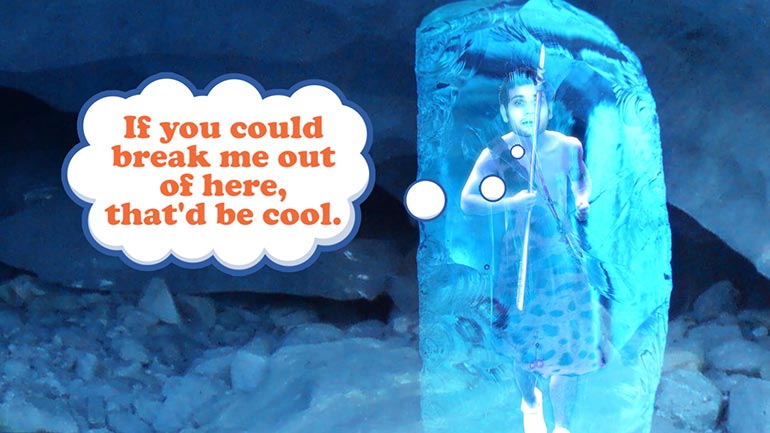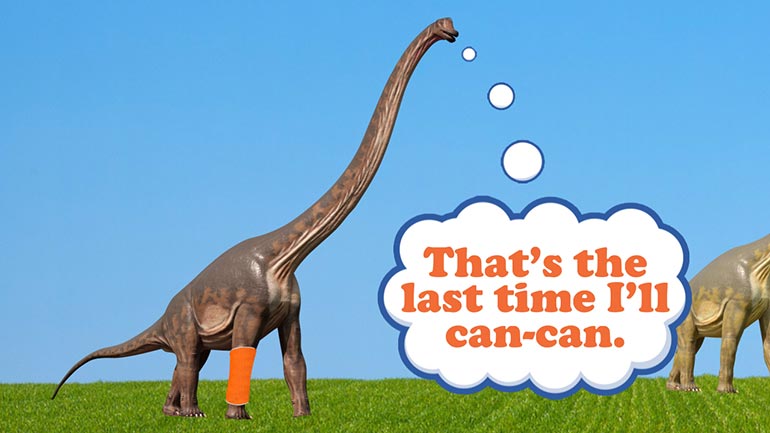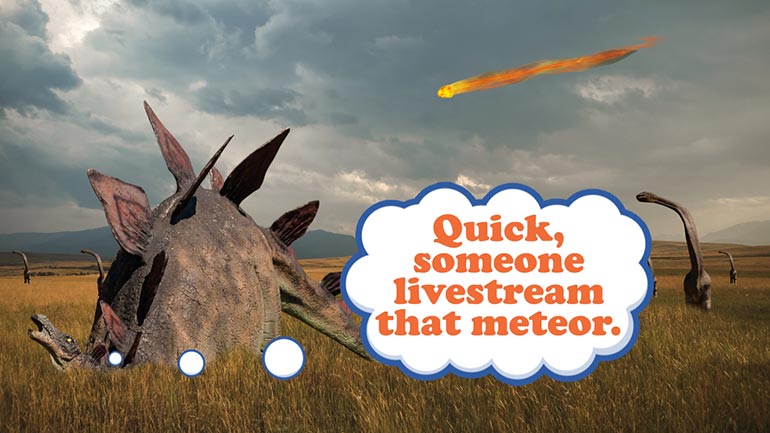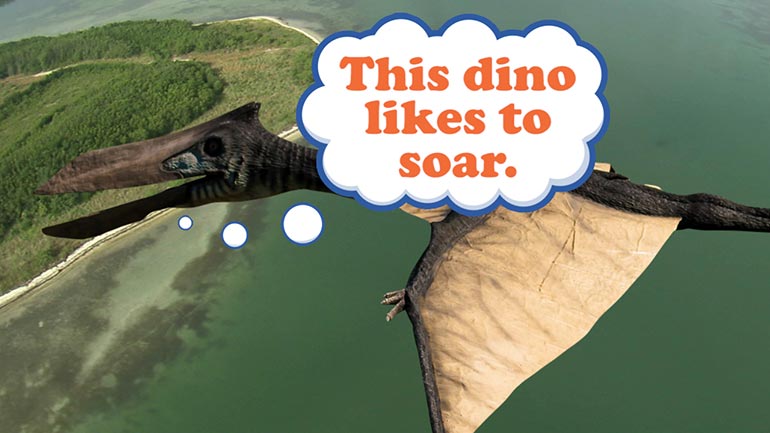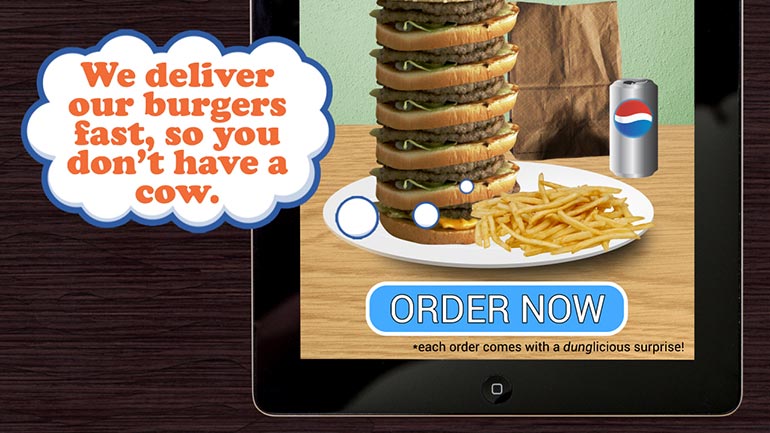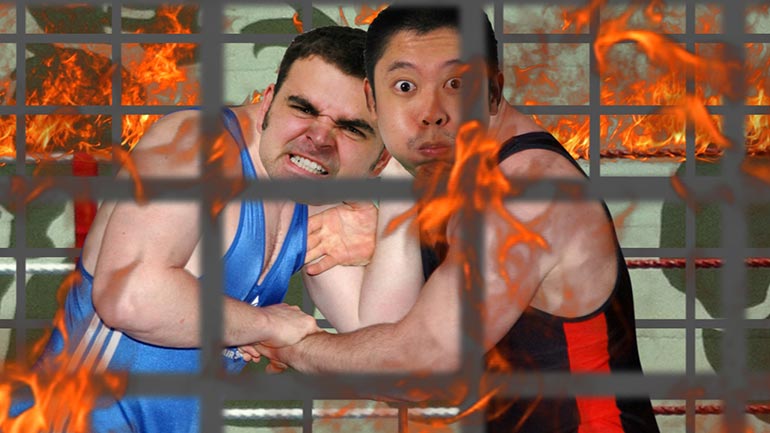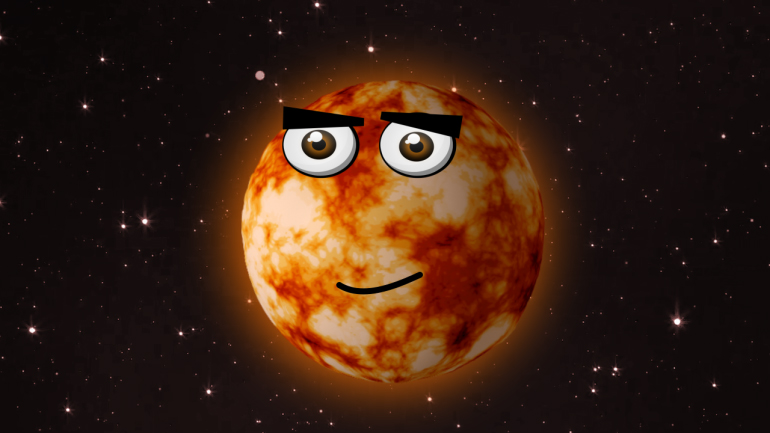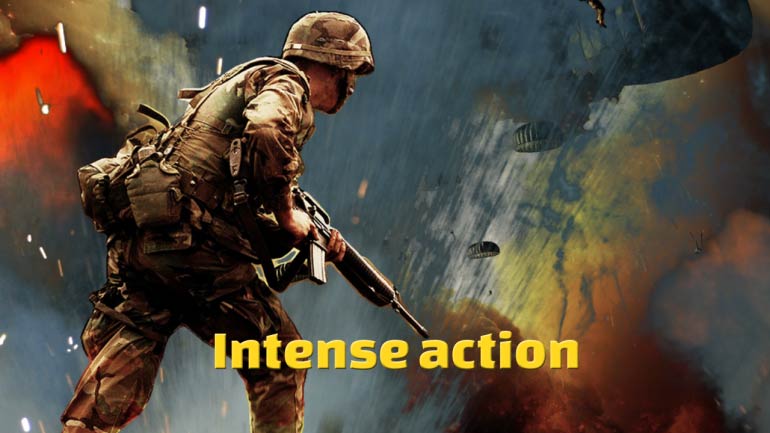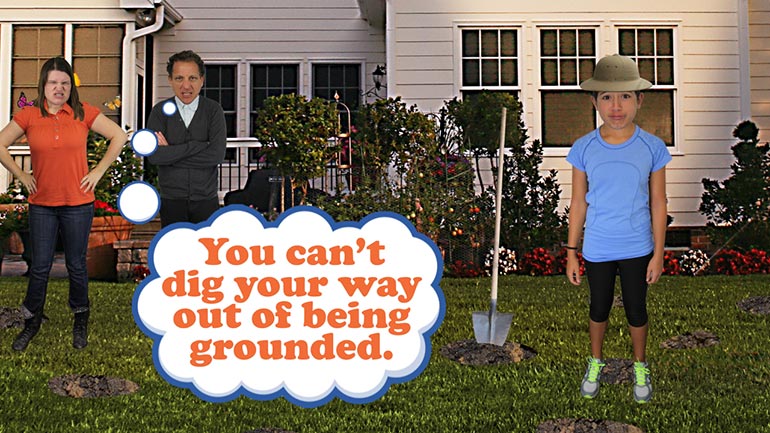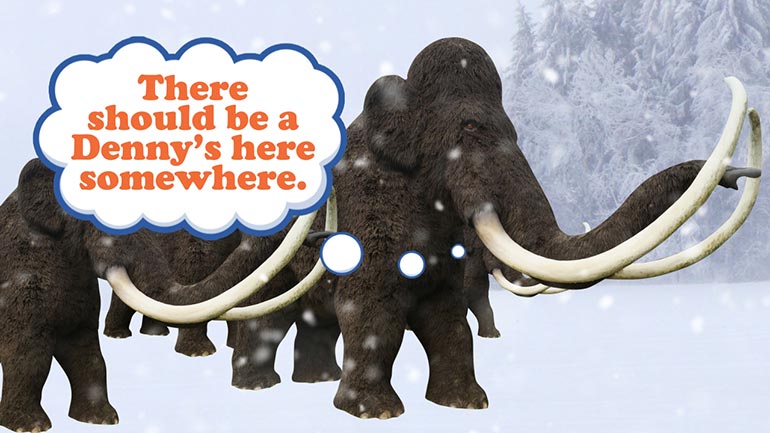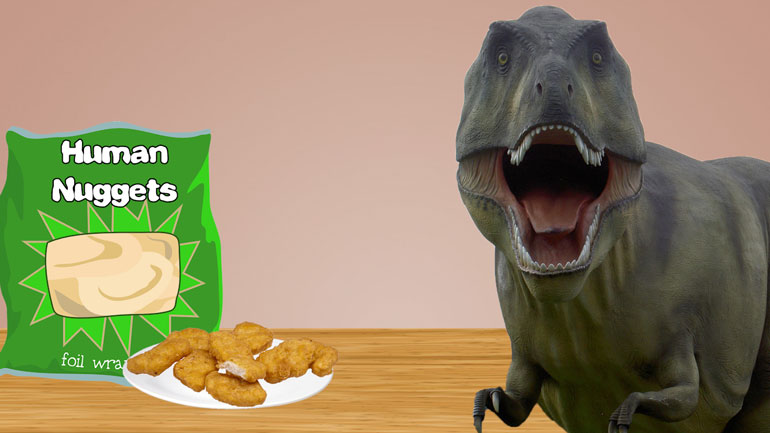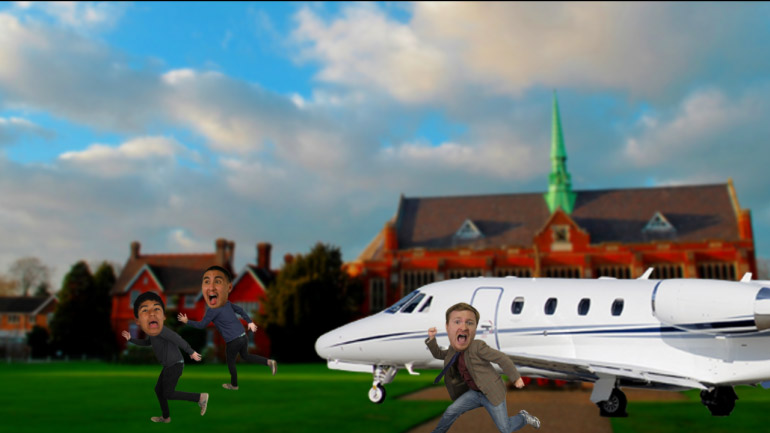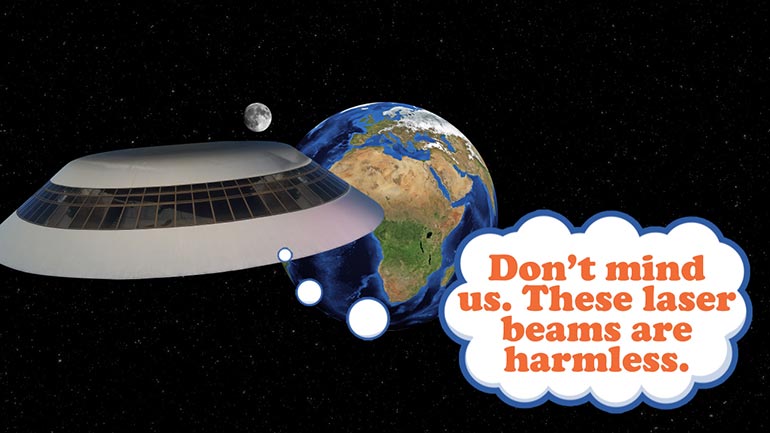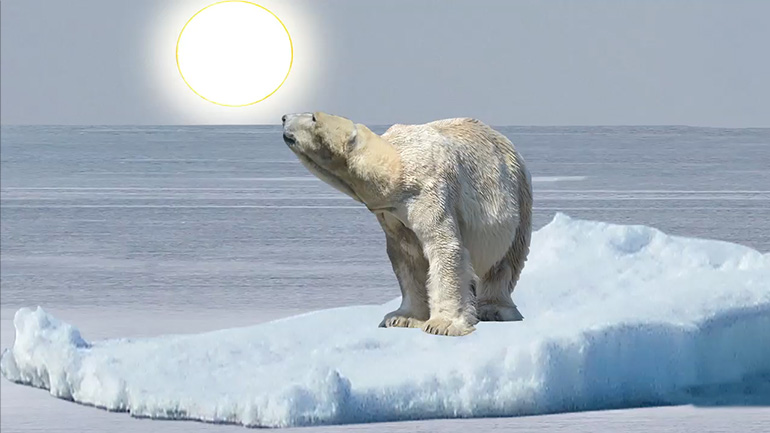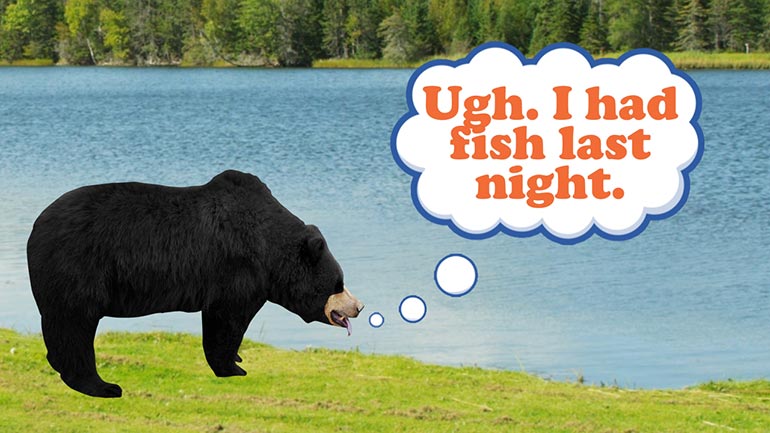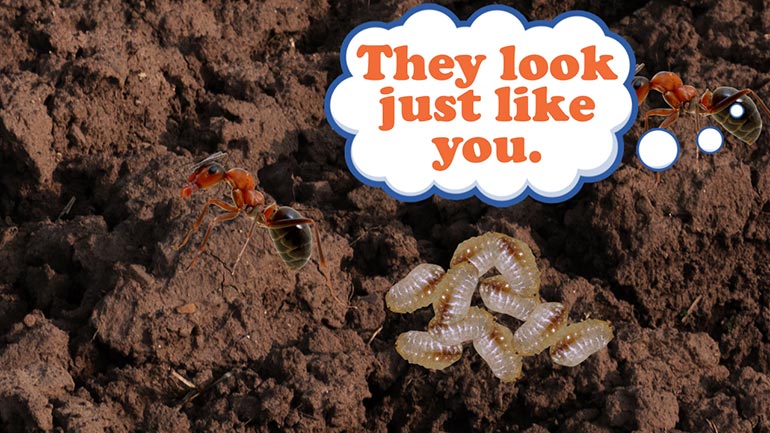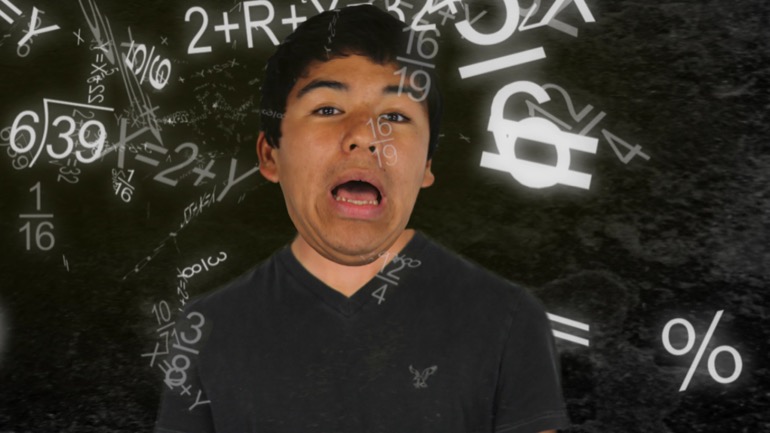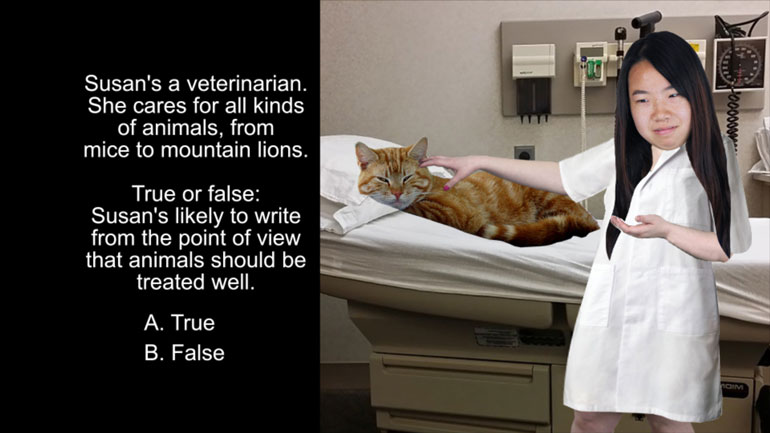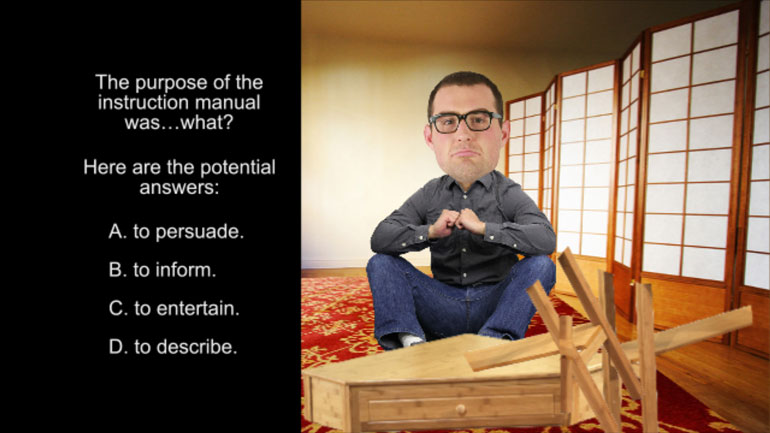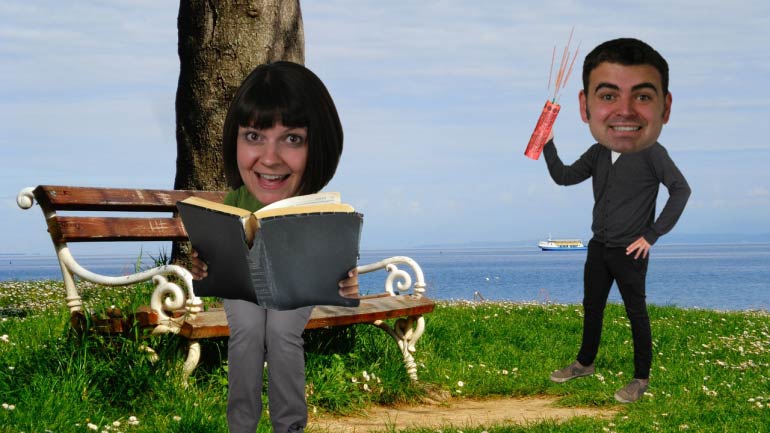ShmoopTube
Where Monty Python meets your 10th grade teacher.
Search Thousands of Shmoop Videos
Science Videos 21 videos
We wanted to make a video about sedentary rocks, but we couldn't get lazy uncle Rocky off the couch. Oh well. We'll teach you about sedimentary roc...
Today we're bringing you the opposite of Jurassic Park—how living things become fossils. Okay okay, it might not be quite as fun...but hey, at le...
Today's lesson is on the rock cycle. Spoiler alert: it's way less effective at getting you to school than a bicycle. There's a reason wheels are ma...
Science 3: How Living Things Become Fossils 138 Views
Share It!
Description:
Today we're bringing you the opposite of Jurassic Park—how living things become fossils. Okay okay, it might not be quite as fun...but hey, at least you don't have to be on the lookout for raptors.
Transcript
- 00:05
[Dino and Coop singing]
- 00:13
Today's video is a little bit dark and a tiny bit gross, so before we begin: [Gross warning sign]
- 00:18
Puppies!
- 00:18
Rainbows!
- 00:19
Fields of flowers!
Full Transcript
- 00:20
Beyoncé! [Pictures of nice things]
- 00:21
Puppies running with Beyoncé through a field of flowers under a rainbow.
- 00:26
How pleasant.
- 00:27
Now onto the not so pleasant stuff:
- 00:29
How living things become fossils. [Gravestone for puppies and rainbows]
- 00:32
They die.
- 00:33
…What? We told you it was a little dark.
- 00:34
And we're only just getting started. [Guy crying in the rain]
- 00:36
So, when an animal dies, the first things to go are its flesh and organs, which rot [Coop pointing at a blackboard]
- 00:41
away rather quickly.
- 00:42
We don't need to show that bit.
- 00:44
And sorry to those of you with overactive imaginations… [Students look grossed out]
- 00:47
keep focusing on Beyoncé and puppies. [Student collapses]
- 00:49
But!
- 00:50
We will show you what remains once the icky process is over and done with: the skull and bones. [Animal skeleton]
- 00:55
See, these are made of calcium and collagen, which don't decompose nearly as easily as
- 01:00
everything else.
- 01:01
The bones end up underground.
- 01:03
Because despite the fact that humans are the only creature on earth to hold formal burial [Human skeleton put into a grave]
- 01:07
ceremonies, all bones, human or other, still tend to get covered by mud and sediment over
- 01:12
time, before eventually getting buried deep into the rocky earth below. [Dirt covers the skeleton]
- 01:16
And then comes something pretty neat – a chemical process that actually ends up turning
- 01:20
the bones into a rock that resembles the rocky earth that surrounds it. [Skeleton turns into the rock]
- 01:24
Sounds straight out of Harry Potter, right?
- 01:26
Bones turned into stone?
- 01:28
Of course, what this means is that at first glance, well, technically there's no skeleton left.
- 01:33
Just rock.
- 01:34
But then comes an earthquake or some other natural shift that causes the rock below the
- 01:37
surface to wear down, crumble, and break. [Rock cracking]
- 01:40
And if fossil hunters are lucky, the rock will break in such a way to expose the fossil within. [Guy finds a fossil]
- 01:45
So when they dig it up – voila, we can see the fossil within the rock.
- 01:49
Fossil hunters know where to look for fossils by examining landforms and rock types, because
- 01:54
most fossils tend to be found in sedimentary rock. [Dino pointing at a blackboard]
- 01:57
Though that's not the only place we can find fossils.
- 01:59
Amber, resin, and even ice can contain fossils.
- 02:03
Amber is special in that we can often find tiny delicate creatures like prehistoric bugs! [Bug fossil shown preserved in amber]
- 02:07
Never a prehistoric cockroach though…those things can survive anything. [Cockroach walking away from lasers and explosions]
- 02:11
And you're all probably familiar with the extremely well-preserved wooly mammoths we've
- 02:15
found frozen in ice.
- 02:16
If anything remains untouched for millions and millions of years, there's a chance there's
- 02:20
something old for us to find inside. [Caveman frozen in a block of ice]
- 02:22
Hey, maybe that means you could even find a fossil underneath your bed!
- 02:26
By the way, you know when Mom says “clean your room” she doesn't actually mean, “cram [All the boy's stuff is shoved under his bed]
- 02:30
everything under your bed,” right?
Related Videos
ELA Drills, Beginner: Point of View. Is the statement in the video true or false?
ELA Drills, Beginner: Textual Analysis 1. The purpose of the instruction manual was...what?
ELA Drills, Beginner: Point of View 3. Which sentence in the passage best shows the narrator's point of view on the topic of Chelsea Simpson?
We wanted to make a video about sedentary rocks, but we couldn't get lazy uncle Rocky off the couch. Oh well. We'll teach you about sedimentary roc...
When you time travel, pass out, and wake up in a cave, you might wonder why there's only one set of three-toed footprints leading in. But don't wor...

